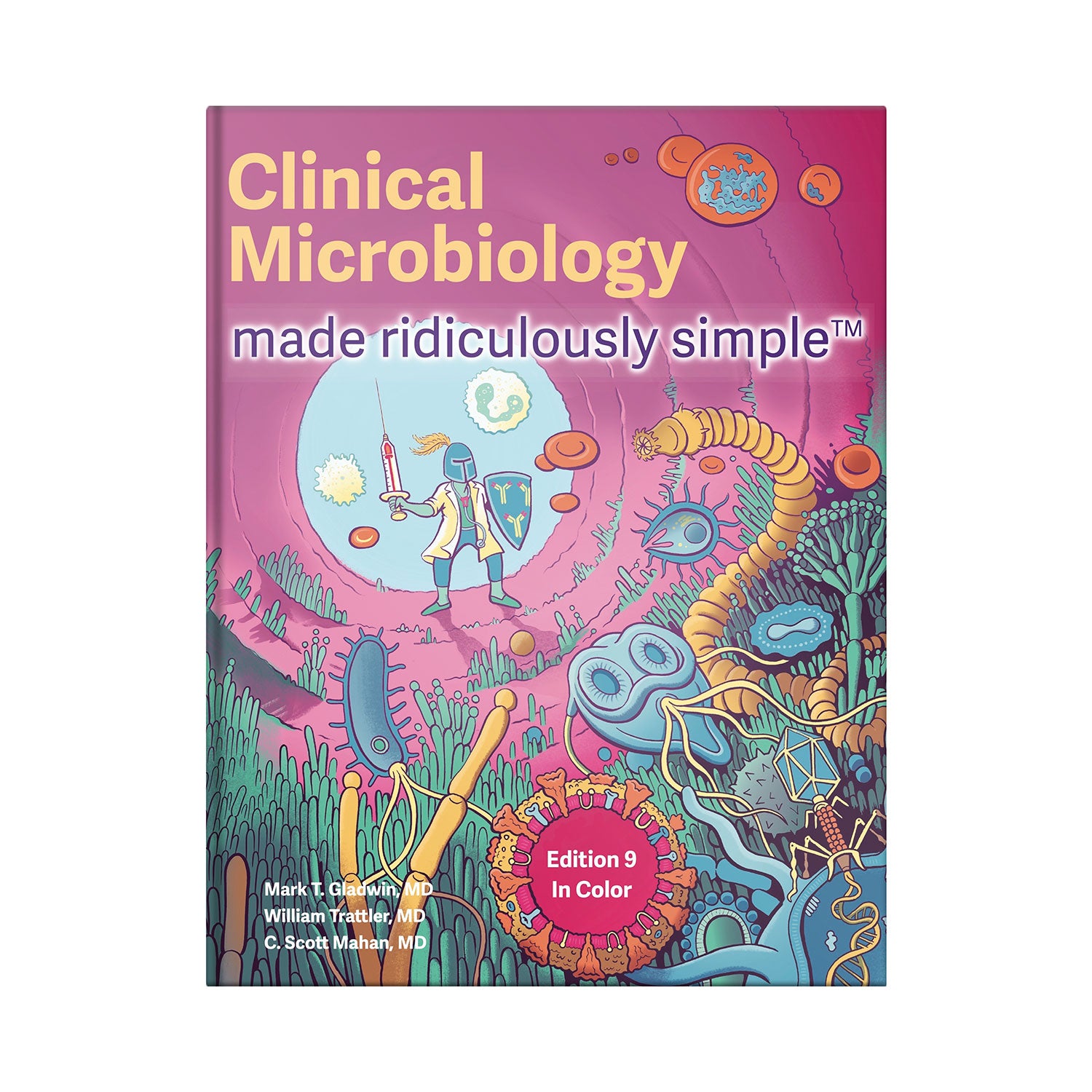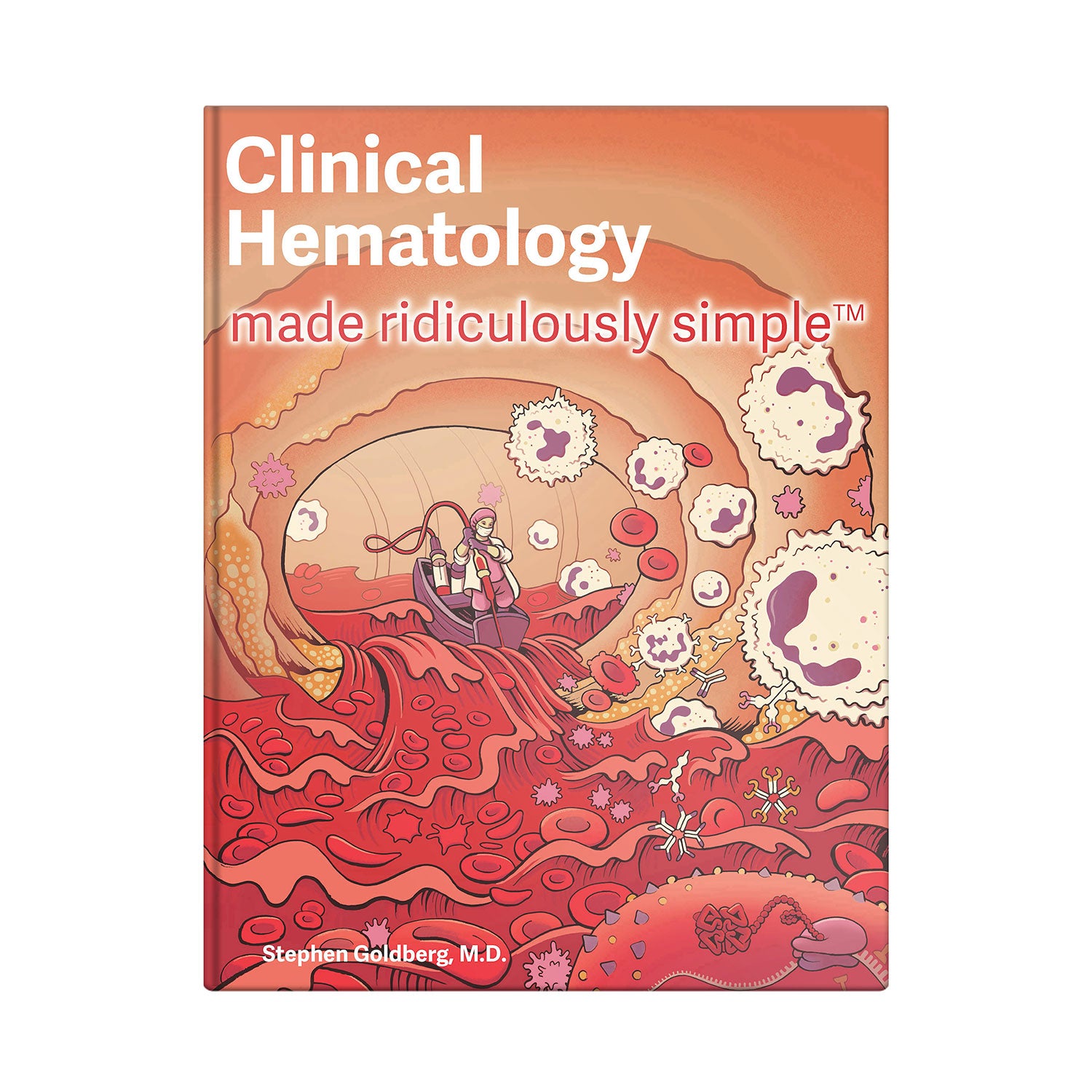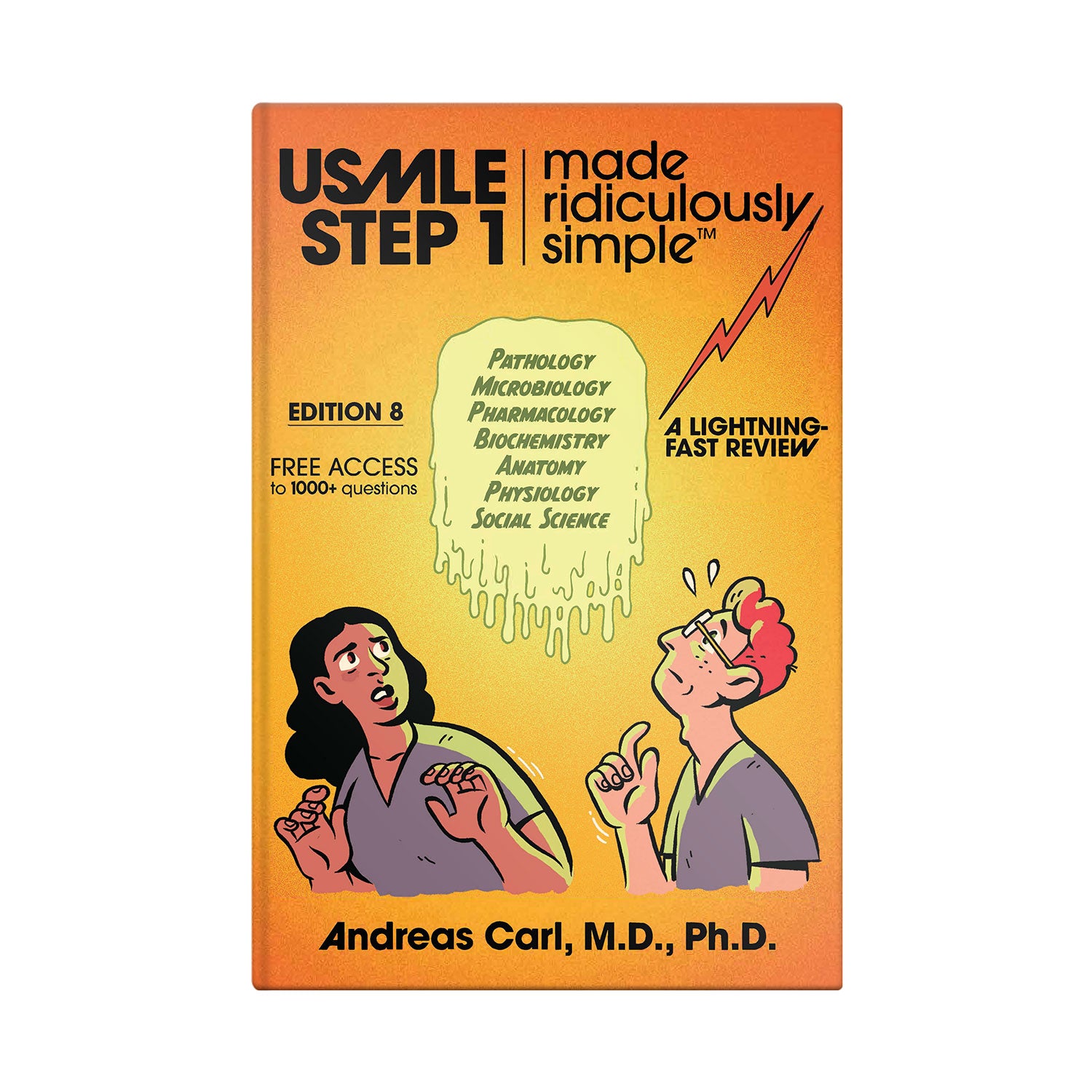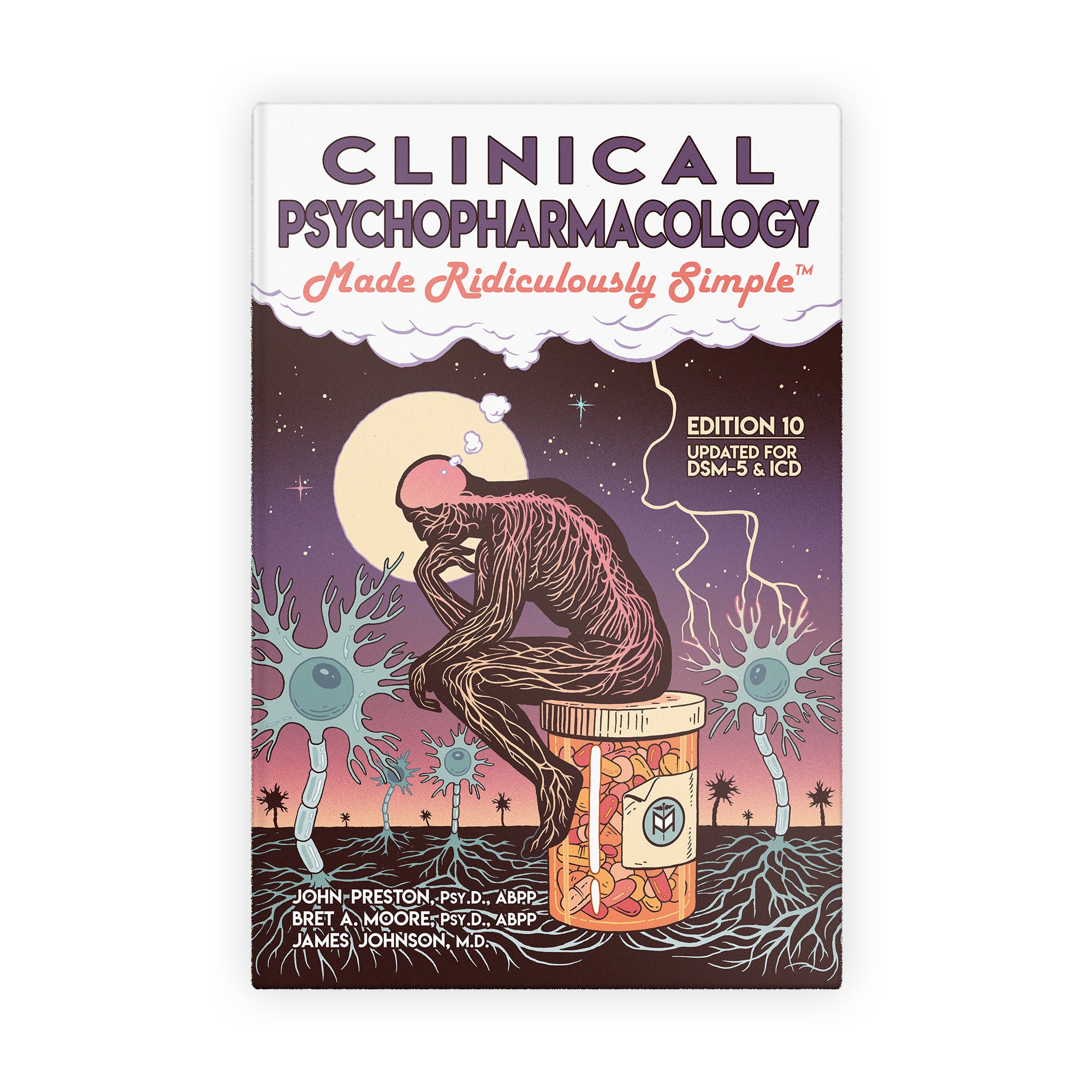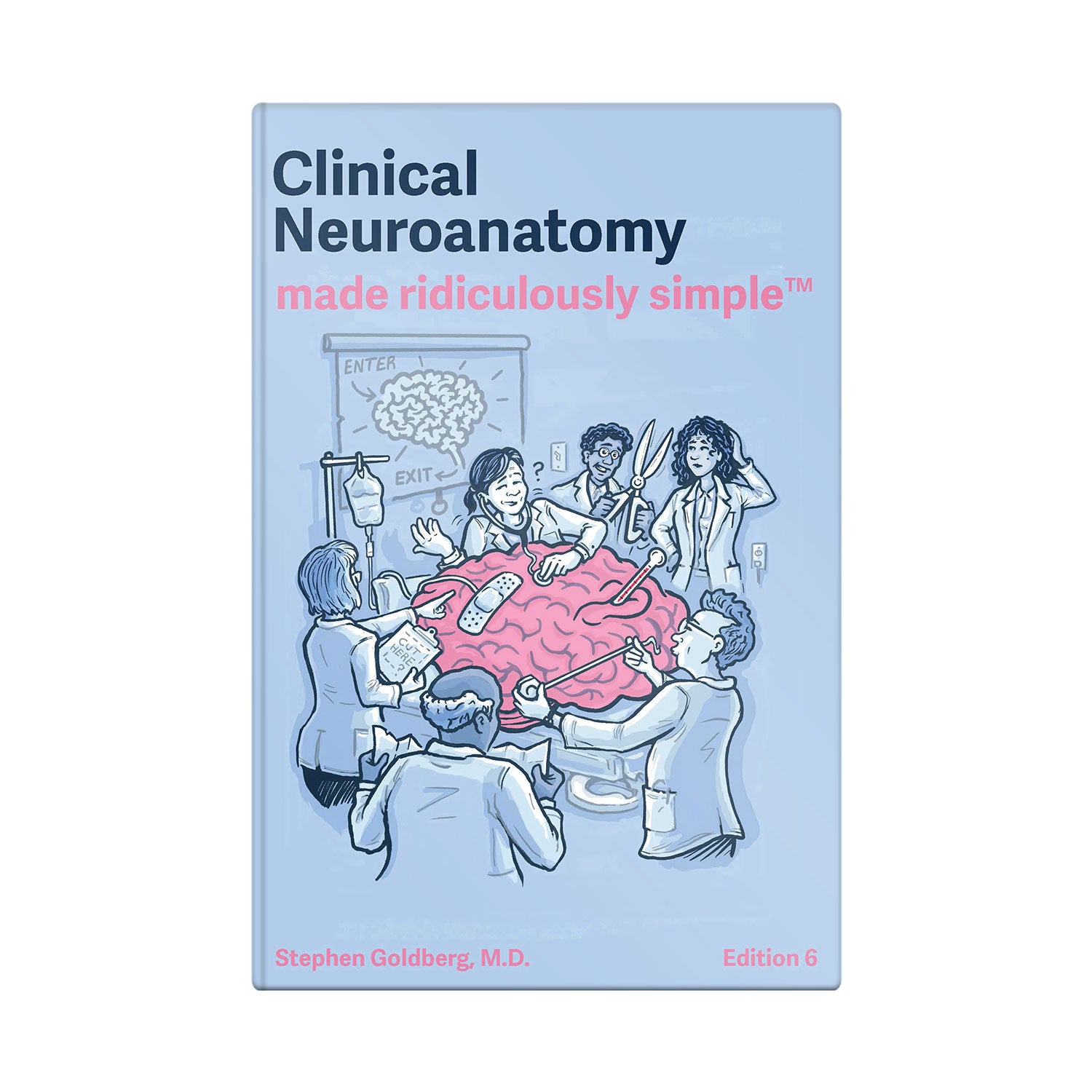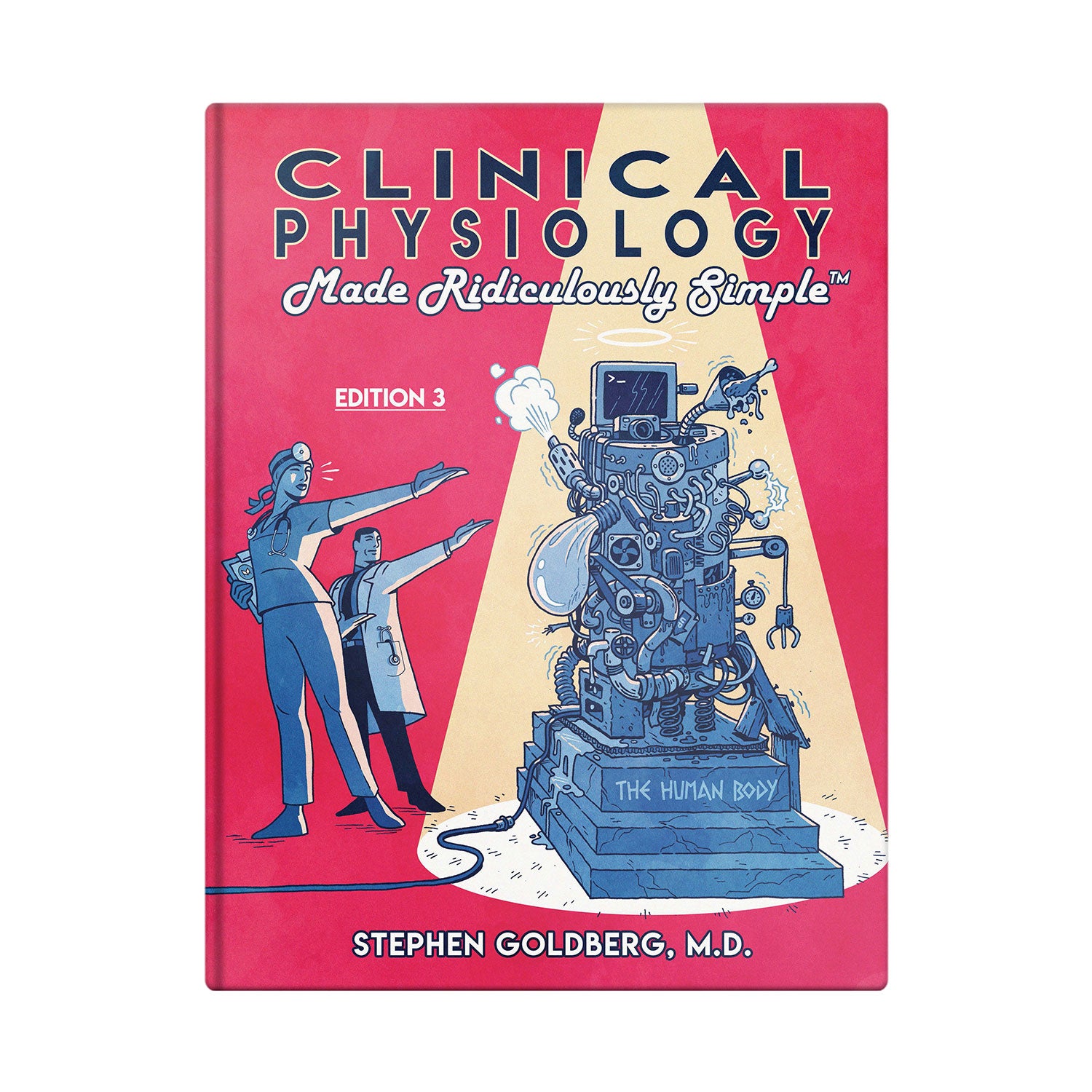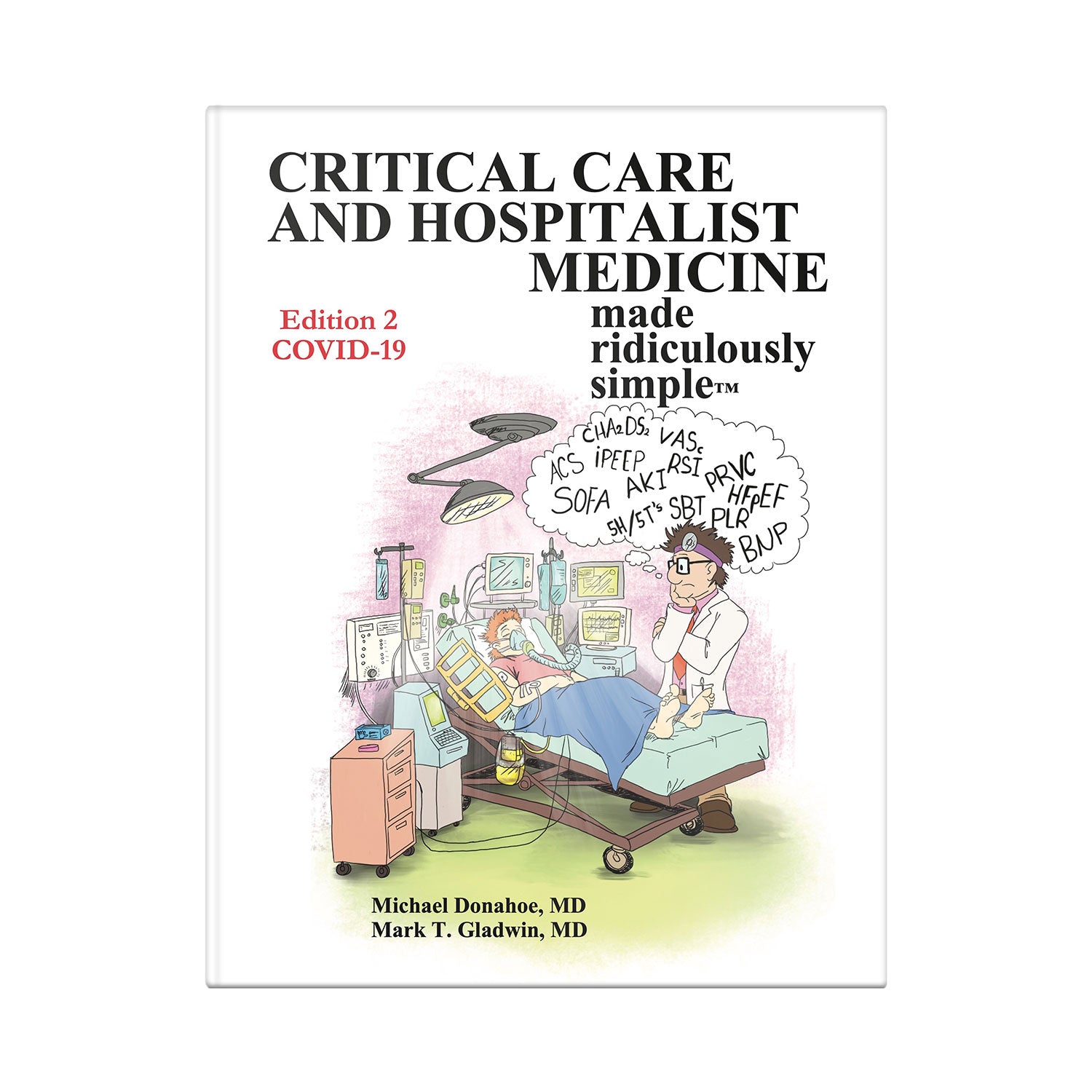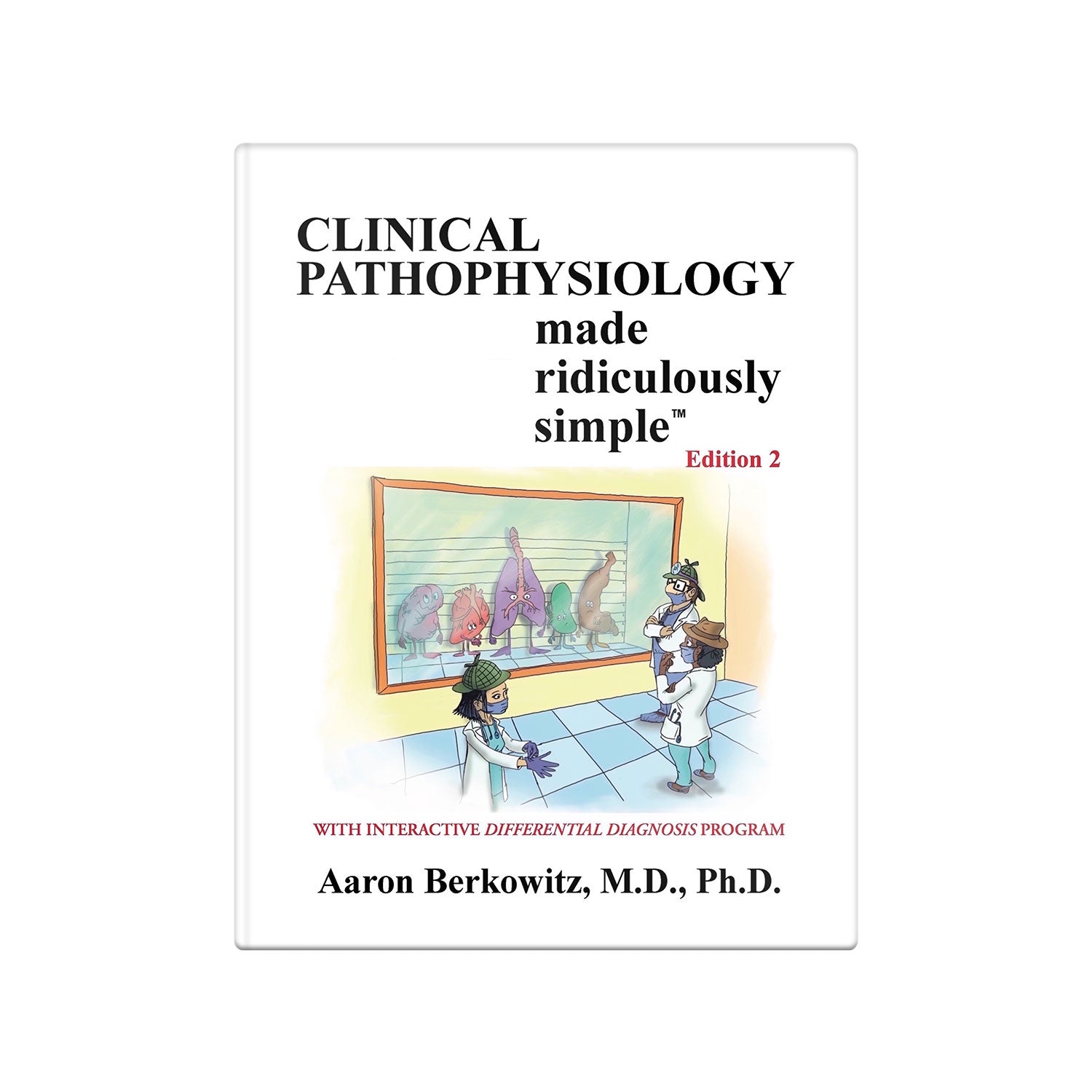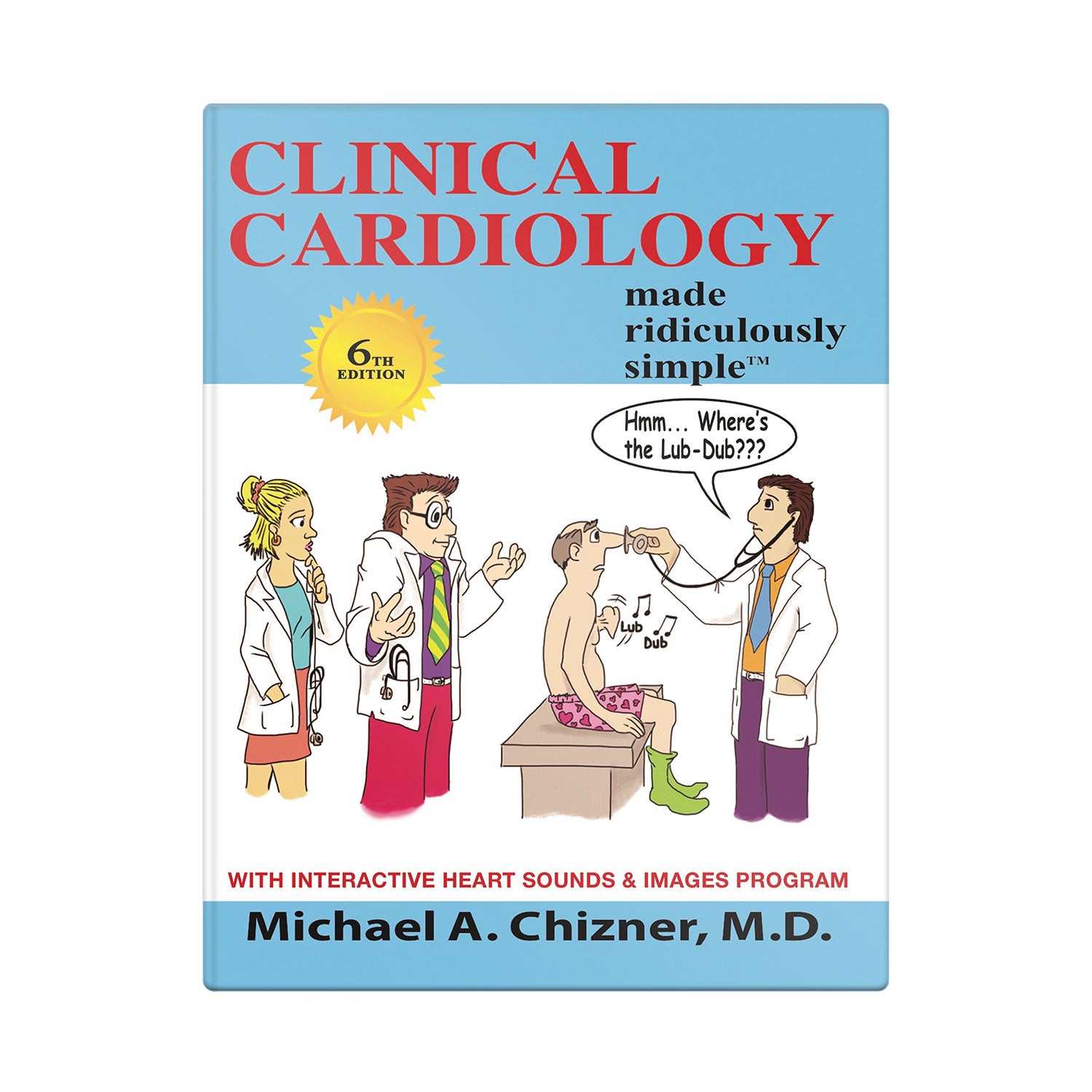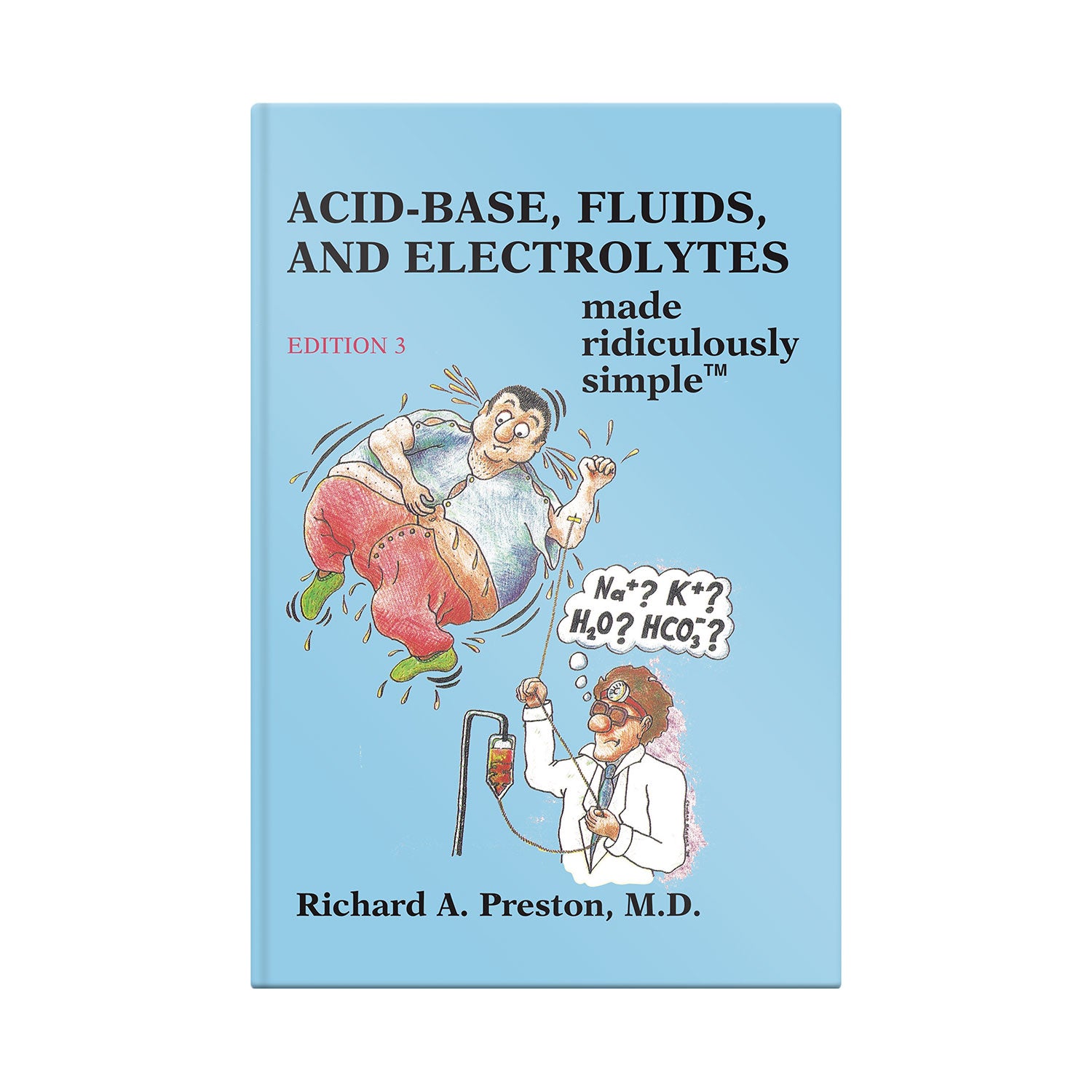
Learning Through Case Problems
There are so many case situations that have to be mastered, and spending too much time on just a bare few can be an inefficient use of time.
Previous postings on this blog pointed to a number of different memory methods useful for rapid learning in medical school:
- Understanding
- Visualization
- Ridiculous Associations
- Substitute Words and Pictures
- Ditties
- The Linking Method
- The Peg Method
- The Memory Palace
- Chunking
- Acronyms
- Hands-On
Of course, once you use one or more of these methods it helps to review the information. For certain subjects it also helps considerably to invest extra time to practice cases that put the information together into a clinically coherent whole.
For instance, in neuroanatomy, after learning particular structures in anatomy, it is important to practice clinical cases where you can combine this information to determine where in the nervous system a patient’s problem lies.
"Continue the antibiotic ..... and remember to drink lots of toilet water."
The subject of acid-base, fluids, and electrolytes contains a bewildering array of facts that have to be organized and put together in order to apply to a case. What is the diagnosis? What is the treatment? Which fluid bottles should you hang up? Case examples help consolidate this information for application to a patient.
In cardiology, it is not enough to just read a chapter on EKGs. The real learning comes on practicing the interpretation of EKGs with many examples.
In psychiatry, clinical cases help to fine-tune what medications and dosages to use for the individual psychiatric disorders.
In some medical curricula, students in the first two years of medical school do divide into groups that discuss individual case problems. This approach can be helpful for the particular case situation, but there is a drawback when a case takes up too much time in the group. There are so many case situations that have to be mastered, and spending too much time on just a bare few can be an inefficient use of time.
Try to use textbooks that include case problems in those subjects in which it is important to bring diverse facts together to diagnose and treat patients. Case problems alone, however, are insufficient to learn a subject. You also need a background in the subject before approaching the clinical problems.
MedMaster has a number of books that include case problems for those areas mentioned above:
- Clinical Neuroanatomy Made Ridiculously Simple
- Acid-Base, Fluids, and Electrolytes Made Ridiculously Simple
- Clinical Cardiology Made Ridiculously Simple
- Clinical Psychopharmacology Made Ridiculously Simple
The Goldberg Files
The Goldberg Files is based on the struggles of Dr. Goldberg as well as those of his many students which he observed while teaching medical school for 25 years. This extensive blog is dedicated to assisting students in dealing with the stresses of medical education. Want to learn more?


